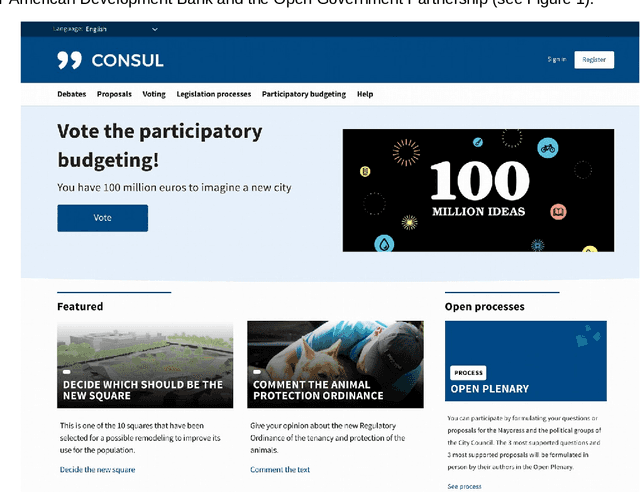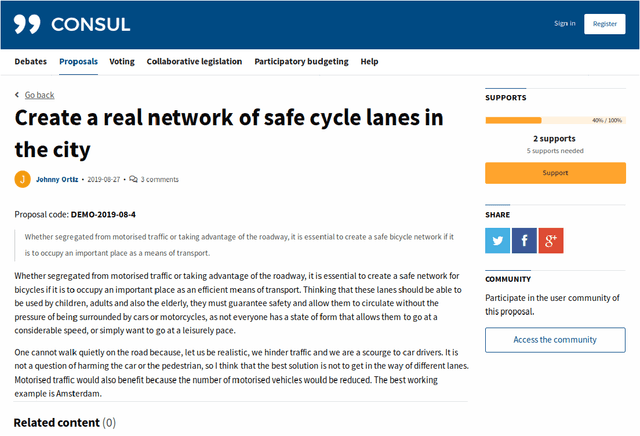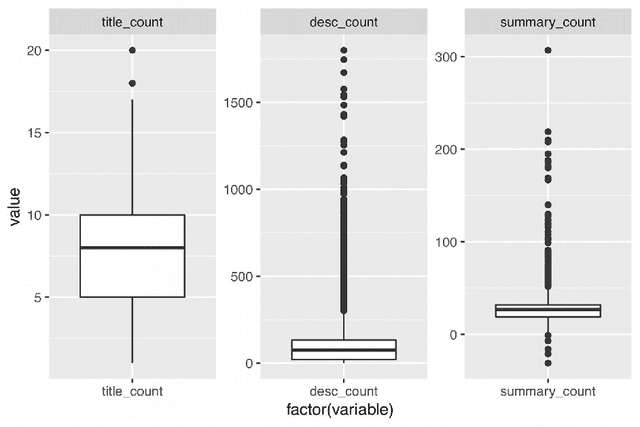Nataliya Tkachenko
Towards deployment-centric multimodal AI beyond vision and language
Apr 04, 2025Abstract:Multimodal artificial intelligence (AI) integrates diverse types of data via machine learning to improve understanding, prediction, and decision-making across disciplines such as healthcare, science, and engineering. However, most multimodal AI advances focus on models for vision and language data, while their deployability remains a key challenge. We advocate a deployment-centric workflow that incorporates deployment constraints early to reduce the likelihood of undeployable solutions, complementing data-centric and model-centric approaches. We also emphasise deeper integration across multiple levels of multimodality and multidisciplinary collaboration to significantly broaden the research scope beyond vision and language. To facilitate this approach, we identify common multimodal-AI-specific challenges shared across disciplines and examine three real-world use cases: pandemic response, self-driving car design, and climate change adaptation, drawing expertise from healthcare, social science, engineering, science, sustainability, and finance. By fostering multidisciplinary dialogue and open research practices, our community can accelerate deployment-centric development for broad societal impact.
Citizen Participation and Machine Learning for a Better Democracy
Feb 28, 2021



Abstract:The development of democratic systems is a crucial task as confirmed by its selection as one of the Millennium Sustainable Development Goals by the United Nations. In this article, we report on the progress of a project that aims to address barriers, one of which is information overload, to achieving effective direct citizen participation in democratic decision-making processes. The main objectives are to explore if the application of Natural Language Processing (NLP) and machine learning can improve citizens' experience of digital citizen participation platforms. Taking as a case study the "Decide Madrid" Consul platform, which enables citizens to post proposals for policies they would like to see adopted by the city council, we used NLP and machine learning to provide new ways to (a) suggest to citizens proposals they might wish to support; (b) group citizens by interests so that they can more easily interact with each other; (c) summarise comments posted in response to proposals; (d) assist citizens in aggregating and developing proposals. Evaluation of the results confirms that NLP and machine learning have a role to play in addressing some of the barriers users of platforms such as Consul currently experience.
 Add to Chrome
Add to Chrome Add to Firefox
Add to Firefox Add to Edge
Add to Edge